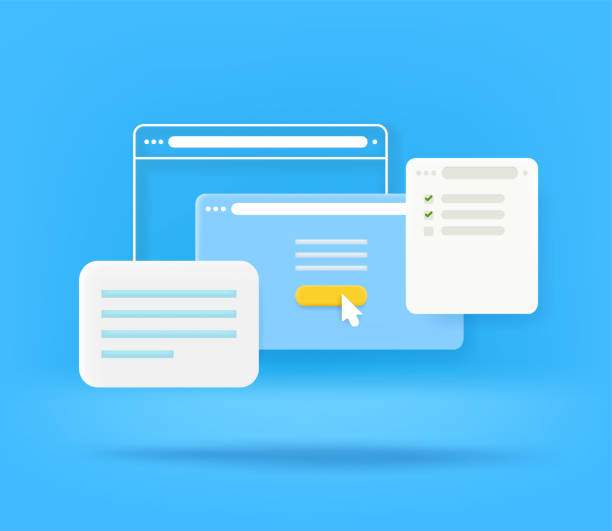Introduction To Real Browser Simulator APIs And The Top 3 Available Online
Are you trying to find a tool that can help you test your website or app in a real browser? You’ve come to the right place. In this post, we’ll introduce you to real browser simulator APIs and the top 3 available online.
The majority of websites are developed using a variety of web programming languages, such as HTML, CSS, and JavaScript. These languages are used to develop the content and functionality of websites. Web browsers are software programs that interpret the code used to create web pages and display them on the screen. There are numerous web browsers available for use on computers and mobile devices. The most popular ones include Chrome, Firefox, Safari, and Internet Explorer.
These browsers provide users with a number of features that make surfing the web more enjoyable and convenient. They also have security features that protect users from harmful content. For example, they can block cookies or warn users when they visit sites with malicious intent.
Web developers can use browser simulators to test websites and applications in different browsers. This is useful because each browser has its own set of features, so testing in multiple browsers can help developers ensure that their sites work well across different platforms.
Real Browser Simulator APIs
APIs can be used to retrieve information about a user’s browser and its settings. Developers can use this information to customize their websites or apps based on browser features and characteristics.
Real browser simulator APIs are APIs that allow developers to test their websites or applications in different browsers. This can be useful for debugging purposes or for ensuring that the design of a website is compatible with different browsers.
Browser simulation APIs can also be used to test how well a website or application performs under various conditions. For example, you may want to see how your website performs when there is a lot of traffic or how it looks on mobile devices.
There are many benefits to using real browser simulator APIs. First, they allow developers to test their websites in real browsers without actually having to install them on their computers. This can save a lot of time because it avoids the need for manual installation and uninstallation of different browsers.
Second, they allow developers to test their websites in multiple browsers at the same time. This is useful because different browsers have different features and support different standards, so it’s important to make sure your website looks good across all of them.
Finally, they allow developers to simulate various conditions that might affect how a website looks or performs. For example, they can simulate low internet connections or high traffic volumes.
Top 3 Real Browser Simulator APIs
Option 1: Web Scraping API with Headless Browser API
Web Scraping API with Headless Browser is a software that allows you to extract data from websites while simulating a real browser. This enables you to bypass restrictions, solve captchas and scrape dynamic websites with ease. Perfect for high-level web scraping tasks.
To make use of it, you must first:
1- Go to Web Scraping API with Headless Browser API and simply click on the button “Subscribe for free” to start using the API.
2- After signing up in Zyla API Hub, you’ll be given your personal API key. Using this one-of-a-kind combination of numbers and letters, you’ll be able to use, connect, and manage APIs!
3- Employ the different API endpoints depending on what you are looking for.
4- Once you meet your needed endpoint, make the API call by pressing the button “run” and see the results on your screen.
Option 2: APIFY
Apify provides a web scraper API to crawl web pages and extract structured data from them using just a few lines of JavaScript code. It can be run manually in a user interface, or programmatically using the API. All extracted data is stored in a dataset, and can be exported in formats, like JSON, XML, or CSV.
Option 3: Parse Hub
Parse Hub is a free web scraping tool that, in their own words, allows you to turn any site into a spreadsheet or API, and easily extract the data you need. Data can be scraped from data from multiple pages. It´s collected by their servers and then results can be downloaded via JSON, Excel or API.


